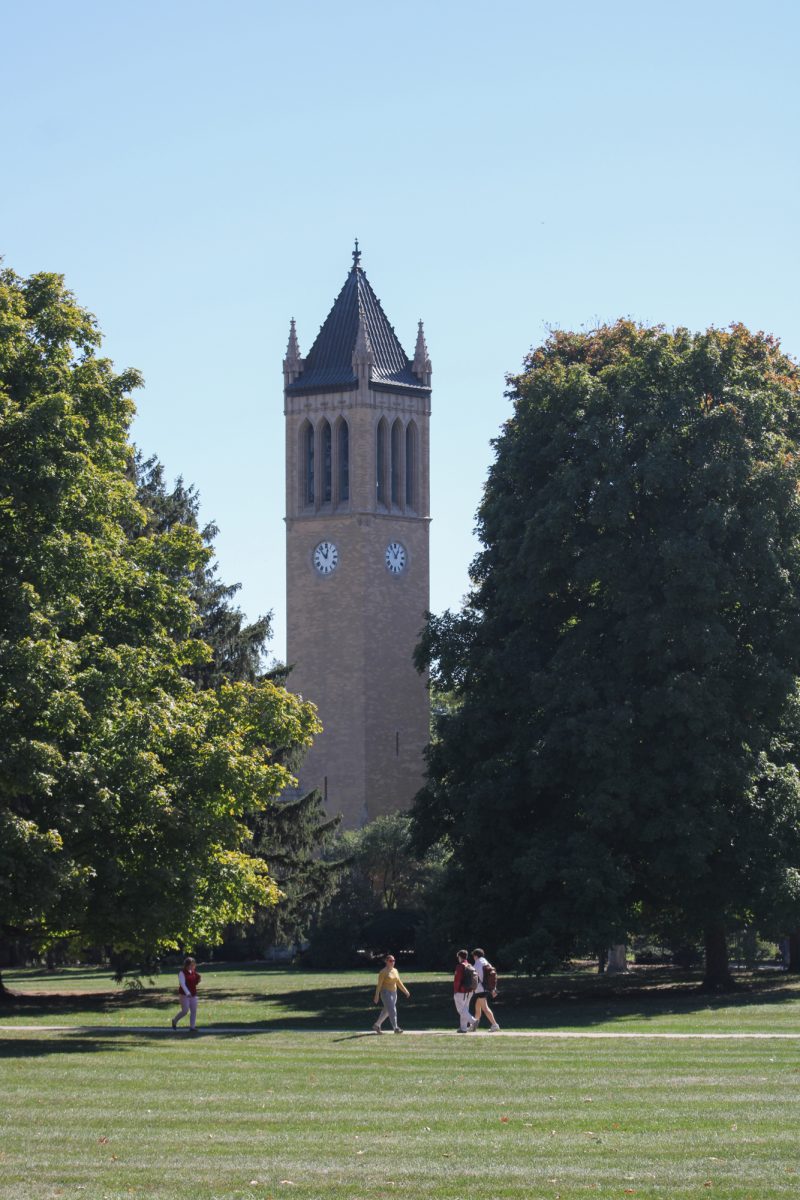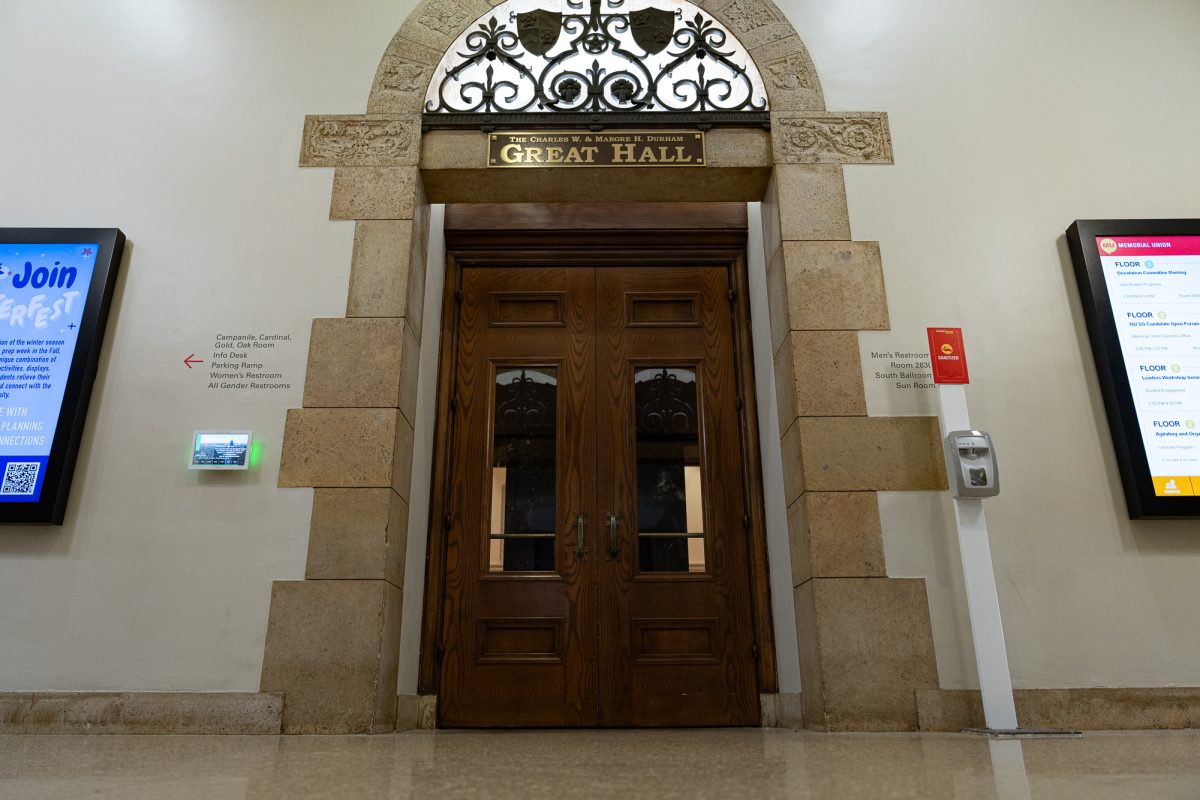COLUMN: The voice of God found in an academic
February 10, 2004
God was smiling down on William Craig last week during a debate at C.Y. Stephens auditorium over whether the resurrection of Christ is fact or fiction. Craig, research professor at the Talbot School of Theology, and Hector Avalos, associate professor of religious studies, dueled it out for two hours in front of a packed house.
Craig focused on what he called four facts from the Bible that support the truth of the resurrection. Avalos questioned just what a fact is, and focused on how to detect linguistic discrepancies in several translations of the New Testament — from which we were to conclude that meaning was lost, and therefore the resurrection is fiction. Sparks flew when the listeners were invited to question Avalos and Craig — proving that, despite the heavy reliance on logic, the validity of the resurrection is still an emotional issue.
Critics of the resurrection claim that Jesus never died on the cross; he simply fainted and was revived, that the tomb was empty because the body was stolen by the disciples or removed by some other means, that the eyewitnesses’ failure to recognize Jesus indicates it wasn’t him.
A well renowned contemporary skeptic embarked on a personal mission to uncover the truth. Lee Strobel, an award-winning journalist at the Chicago Tribune, retraced his own spiritual journey from atheism to faith by cross-examining dozens of experts who are recognized authorities in their own fields. His findings and conclusions are published in “The Case For Christ.”
One of the dozens of experts Strobel cross-examined is none other than Craig himself. Strobel interrogated Craig about the empty tomb.
The questions include whether Jesus was really buried in the tomb, questioning the tomb’s security, the guards and the credibility of the witnesses. Craig’s response in the book is similar to the way he argued them Thursday night. After a lifetime of analyzing this issue from a legal perspective, he concluded both with listeners last week and Strobel that “the empty tomb forms a veritable rock on which all rationalistic theories of the resurrection dash themselves in vain.”
During the interview with Strobel, Craig also said, “As long as the existence of God is even possible, it’s possible that he acted in history by raising Jesus from the dead.” Why is this possibility a threat for some? Does it imply that other theories or currently held beliefs could be invalid?
All believers in the truth of the resurrection, or Christians, are skeptical about some aspect of the Bible. To some extent, skepticism is healthy. In fact, believers are expected to search, probe and question the scriptures. Sometimes it can lead to a deeper understanding of the truth. It worked for Strobel and countless others.
Craig included an emotional appeal to the validity of belief in the resurrection, a welcome relief after two hours of academic logic and rationalism. He spoke of his first personal encounter with God during his high school years after months of searching and questioning the truth. Personal encounter? Like a glowing white-robed man descending from the heavens calling your name in a James Earl Jones voice? No. That’s Hollywood’s version.
God personally encounters us through the hug of a friend, through the healing hands of a doctor, through the teachings of our religious leaders. God personally encounters us through the study of his word, through the presence of his spirit and through the experience of unexplainable joy.
Are we aware and receptive?
Our lives become meaningful and purpose-driven after personal encounters with God. Believing in the truth of the resurrection is like believing the sun will rise in the east tomorrow after a personal encounter with God. Our lives are transformed after personal encounters with God.
My hope is that those who are still searching for the truth will reconsider the validity of the resurrection. God uses believers like Strobel and Craig to initiate personal encounters with those who think logically, need evidence and make decisions based on facts. Their lives have been transformed, and they simply want to share the joy.






